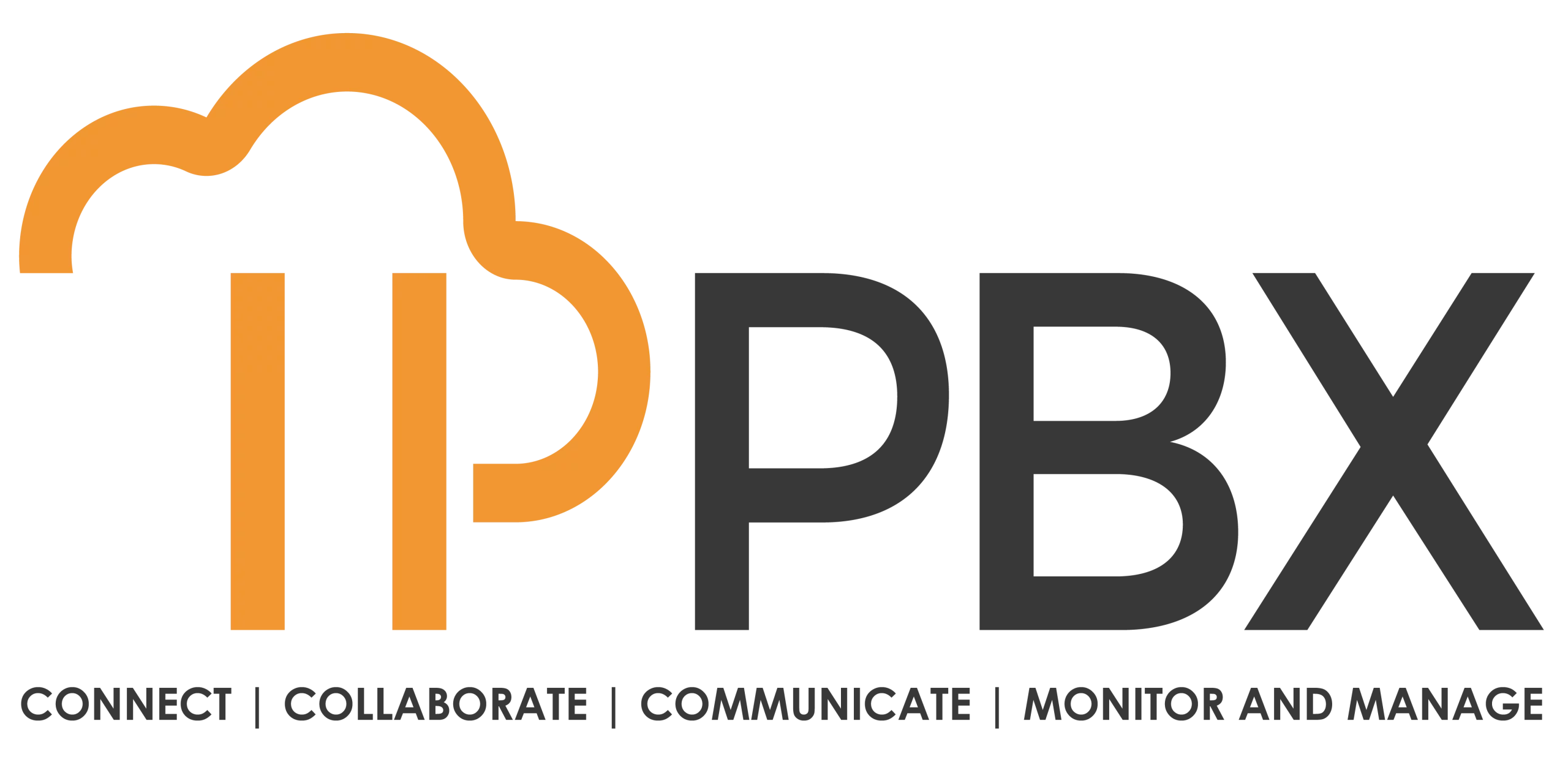Introduction:
In a world where data is a valuable asset, managing records effectively has become a critical aspect of organizational success. Records management is more than just storing files; it’s about ensuring the integrity, accessibility, and compliance of critical documents. To guide us through the complexities of records management, we turn to Roslyn Gilmore, an esteemed expert in information governance. Join us as we delve into the world of records management and discover how it can revolutionize your organization’s data management practices.
Meet the Expert: Roslyn Gilmore
Roslyn Gilmore is a highly respected authority in the field of information governance and records management. With a career spanning decades, she has played a pivotal role in helping organizations establish robust records management practices. Roslyn’s credentials and expertise have made her a sought-after consultant and thought leader in the industry.
Understanding Records Management
Before we delve into specifics, it’s essential to understand the central role that records management plays in modern organizations. Roslyn Gilmore emphasizes that records management is the systematic process of creating, organizing, maintaining, and disposing of records, both physical and digital. Records encompass critical documents, such as contracts, financial records, and personnel files, which are essential for legal, operational, and historical purposes.
Effective records management ensures the integrity, authenticity, and accessibility of these records throughout their lifecycle.
Key Principles of Effective Records Management
Roslyn Gilmore discusses key principles that underpin effective records management:
- Retention Schedules: Defining how long records should be kept based on legal requirements and operational needs.
- Classification and Indexing: Organizing records in a structured manner for easy retrieval and tracking.
- Lifecycle Management: Managing records from creation through disposal, including secure destruction when necessary.
These principles form the foundation of a well-structured records management program, ensuring that records are managed consistently and in compliance with regulations.
Tools and Software for Streamlined Records Management
In the digital age, tools and software are instrumental in achieving streamlined records management. Roslyn Gilmore explores options such as Electronic Document Management Systems (EDMS), compliance software, and records management platforms. These tools offer features like document capture, automated retention scheduling, and audit trails, simplifying records management tasks.
Records Management Best Practices
Effective records management goes beyond organization; it involves data security, compliance, and audit preparedness. Roslyn Gilmore shares best practices, including data encryption, access control, and regular compliance audits. These practices ensure that records are protected, accessible to authorized personnel, and compliant with relevant laws and regulations.
Real-World Success Stories
To illustrate the practical benefits of sound records management, Roslyn Gilmore presents real-world success stories. These stories highlight how organizations have achieved improved compliance, reduced risk, and streamlined operations through the implementation of effective records management strategies.
The Future of Records Management
As regulations evolve and data complexity increases, the future of records management is marked by innovation. Roslyn Gilmore discusses emerging trends, such as AI-driven data classification and blockchain-based records authenticity verification. Staying informed about these developments is crucial for organizations aiming to excel in information governance and data compliance.
Conclusion
In conclusion, effective records management is a cornerstone of organizational success, ensuring data integrity, compliance, and operational efficiency. With insights from Roslyn Gilmore, you now have a deeper understanding of records management principles, tools, best practices, and the potential benefits it can bring to your organization’s data management strategy.

